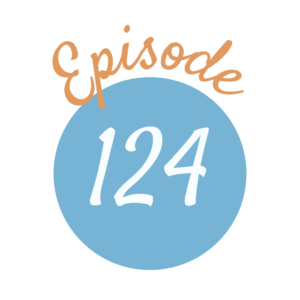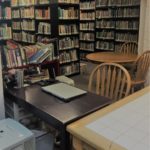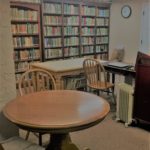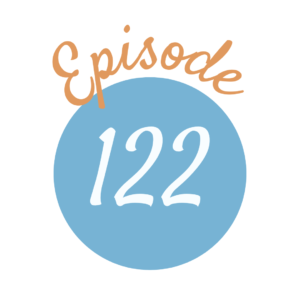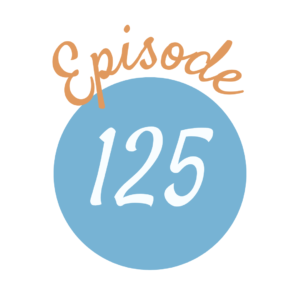
Math is a worrisome subject for many Charlotte Mason educators. Wishing to stay true to Mason’s guiding principles and up to date with current knowledge, many hesitate when choosing a curriculum. This is a candid conversation with Richele Baburina, who knows Mason’s approach to mathematics, the fears modern educators face, and is knowledgeable about the latest scientific research regarding math education.
Listen Now:

“By-and-by there is the fruit, and the discovery that every tree––with exceptions which they need not learn yet––and every plant bears fruit, ‘fruit and seed after his kind.’ All this is stale knowledge to older people, but one of the secrets of the educator is to present nothing as stale knowledge, but to put himself in the position of the child, and wonder and admire with him; for every common miracle which the child sees with his own eyes makes of him for the moment another Newton.” (1/54)
“With regard to the horror which some children show of beetle, spider, worm, that is usually a trick picked up from grown-up people. Kingsley’s children would run after their ‘daddy’ with a ‘delicious worm,’ a ‘lovely toad,’ a ‘sweet beetle’ carried tenderly in both hands. There are real antipathies not to be overcome, such as Kingsley’s own horror of a spider; but children who are accustomed to hold and admire caterpillars and beetles from their babyhood will not give way to affected horrors.” (1/58)
“Again, the evolution of the individual is checked at the point of mechanical perfection. Good mathematicians, clear-headed scientists, may be turned out; but what place is there for the higher forces of humanity, aspiration, speculation, devotion? We have reason to keep watch at the place of the letting out of waters, that is, the psychology upon which our educational thought and action rest. There is delightful certitude in the results of anthropometrical research. You may predicate with certainty given facts about a child from the way in which he stretches out his arm. Good pathological work is being done, and many a child’s hidden weakness is revealed and consequently brought under curative treatment by the tests which it is now possible to apply. The danger is that we should take a part for the whole and allow this ‘new psychology’ to usurp the whole field of education.” (3/55)
“Like all great discoveries, this, of a soul, was, in all its steps, marked by simplicity. Miss Sullivan had little love for psychologists and all their ways; would have no experiments; would not have her pupil treated as a phenomenon, but as a person. ‘No,’ she says, ‘I don’t want any more Kindergarten materials . . . I am beginning to suspect all elaborate and special systems of education. They seem to me to be built up on the supposition that every child is a kind of idiot who must be taught to think, whereas if the child is left to himself he will think more and better, if less showily. Let him go and come freely, let him touch real things, and combine his impressions for himself, instead of sitting indoors at a little round table, while a sweet-voiced teacher suggests that he build a stone wall with his wooden blocks, or make a rainbow out of strips of coloured paper, plant straw trees in bead flower-pots. Such teaching fills the mind with artificial associations that must be got rid of before the child can develop independent ideas out of actual experiences.'” (1/195-96)

School Education (Volume 3), Chapter 6
Home Education (Volume 1), Part V, Chapters 2-3
An Essay Towards a Philosophy of Education (Volume 6), pp. 114-118

Richele’s Mathematics Guide and DVD Bundle
Elementary Arithmetic Series, Book I

Episodes 56 and 57
Irene Stephens’ Article On the Teaching of Mathematics to Young Children
Elementary Arithmetic Series, Book II Scope and Sequence
Our Living Homeschool 2018-19 Planner







